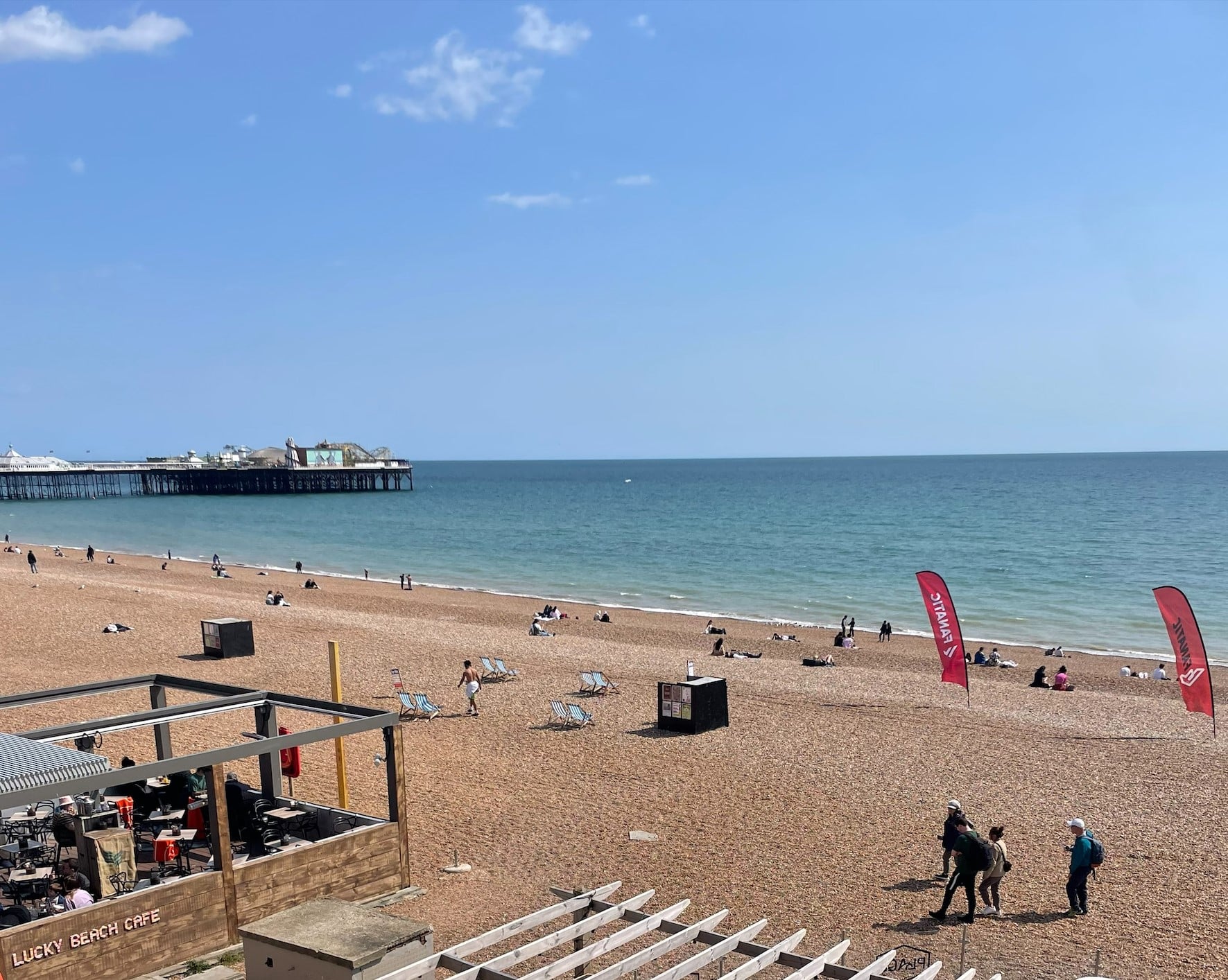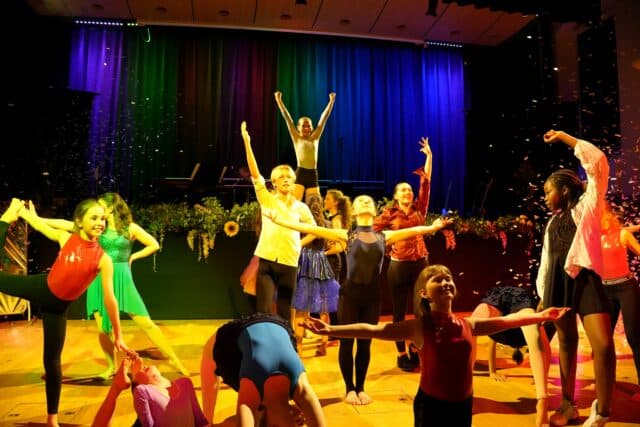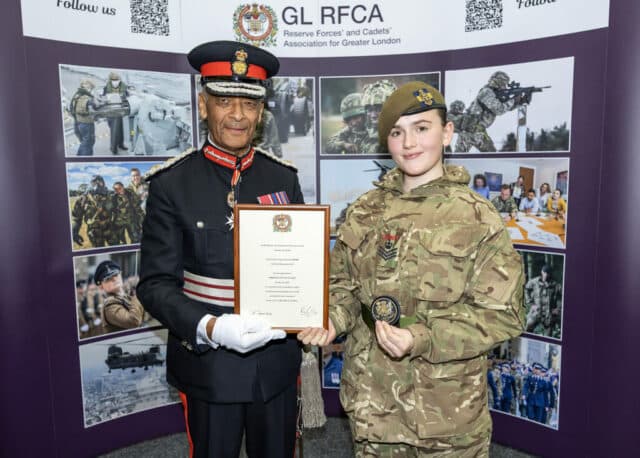London
Some of the Lower Sixth Geographers headed into London to explore the regeneration project and its impact on the changing sense of place in King’s Cross. This unique opportunity allowed our students to delve into the complexities of urban development, engage with local communities and gain valuable insights into the transformation of this iconic London neighbourhood.
Prior to the trip, they researched the once-abandoned spaces that have now changed into modern architectural marvels, capturing the essence of urban regeneration. One of the most intriguing aspects of the fieldwork was exploring the economic revitalisation brought about by the regeneration project. Our students explored the emergence of thriving businesses, encompassing diverse industries such as technology, creative ventures and retail. They interviewed local business owners and entrepreneurs, witnessing first-hand the economic growth that has flourished in King’s Cross.
Some chose to focus their investigations on how the regeneration has shaped the social dynamics and sense of community in King’s Cross. Through engaging with local residents and community leaders, they uncovered diverse perspectives. While some expressed concerns about rising property prices and potential displacement, others emphasised the improved amenities, cultural attractions and enhanced safety that have transformed the neighbourhood. This exploration enabled our students to develop a nuanced understanding of the social impacts accompanying urban regeneration.
The students were impressed by the commitment to sustainability showcased by the regeneration project. They observed the implementation of green spaces, energy-efficient buildings, and improved transportation infrastructure. The integration of sustainable practices has not only enhanced the environmental appeal of King’s Cross but also set an example for future urban developments.
Brighton
The students who decided to conduct coastal fieldwork travelled to Brighton beach to research beach processes.
This hands-on experience provided them with a unique opportunity to explore the dynamic processes shaping the coastline, including sediment analysis, beach profiling and the impact of hard engineering interventions. Through their fieldwork, the group gained valuable insights into the coastal environment and the challenges it faces.
They focussed on coastal morphology to comprehend the changing nature of the coastline and conducted beach profiling exercises. They measured the beach slope, elevation, and distance from the shoreline to gather data on coastal morphology. This enabled them to assess the impact of wave action and longshore drift on the beach profile, providing crucial insights into the coastal processes at work. Furthermore, they investigated the impact of hard engineering interventions along Brighton Beach. They examined structures such as groynes, sea walls and breakwaters, assessing their effectiveness in managing erosion and maintaining coastal stability. By analysing the benefits and drawbacks of these interventions, they gained a comprehensive understanding of the complexities of coastal management. This hands-on experience allowed the students to develop a deeper appreciation for the complexities of the coastal environment and the challenges associated with coastal management.
Head of Geography, Emily Hargreaves, said: “The A-level Geography students demonstrated their enthusiasm, dedication, and thoughtful engagement during this fieldwork. The knowledge and insights gained from these trips will undoubtedly enrich their academic journeys and equip them with valuable skills for future studies and careers in geography and related fields”





